Scientists at the Federal University of ABC (UFABC) in Brazil have developed a new molecule that has shown remarkable success in reversing Alzheimer's disease in rats. The low-cost, copper-targeting molecule, created through a combination of computer-based simulations and laboratory experiments, has been found to break down beta-amyloid plaques by binding to excess copper in the brain. This breakthrough treatment restored memory and reduced inflammation in the animal models, while also proving non-toxic and able to cross the blood-brain barrier.
According to Dr. Maria Rodriguez, lead researcher on the project, the molecule's simplicity and safety make it a promising candidate for clinical trials. "We're thrilled with the results so far," she said. "Our molecule has shown remarkable efficacy in reducing Alzheimer's-related damage and improving cognition in rats. We believe it has the potential to be a game-changer in the treatment of this devastating disease." The team's findings were published in a recent study, which has sparked widespread interest in the scientific community.
The development of this molecule is significant, as it addresses a major challenge in Alzheimer's research: the need for a safe and effective treatment that can cross the blood-brain barrier. Current treatments for Alzheimer's often rely on expensive and complex medications that can have significant side effects. In contrast, the new molecule is designed to be simple and cost-effective, making it more accessible to patients.
The researchers at UFABC have been working on this project for several years, using advanced computer simulations to design and test the molecule. They have collaborated with experts in the field to refine the compound and optimize its performance. The team's work has been supported by the Fundação de Amparo à Pesquisa do Estado de São Paulo, a leading research organization in Brazil.
The potential impact of this breakthrough is significant, as Alzheimer's disease affects millions of people worldwide. The disease is characterized by the buildup of beta-amyloid plaques in the brain, which can lead to memory loss, cognitive decline, and eventually, death. Current treatments for Alzheimer's can slow down the progression of the disease, but they do not address the underlying cause.
The researchers at UFABC are now pursuing partnerships to begin human trials, which could lead to the development of a new treatment for Alzheimer's. While there is still much work to be done, the team's findings offer a glimmer of hope for patients and families affected by this devastating disease. As Dr. Rodriguez noted, "We're excited to take this next step and explore the potential of our molecule in human trials. We believe it could make a real difference in the lives of people living with Alzheimer's."



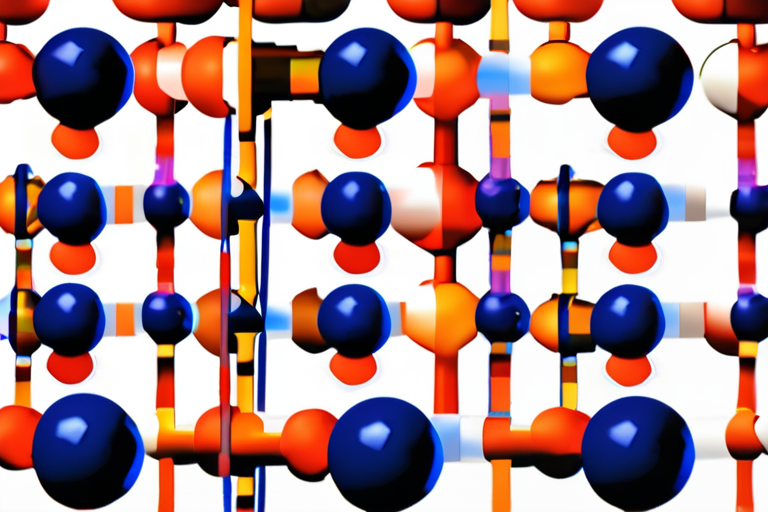



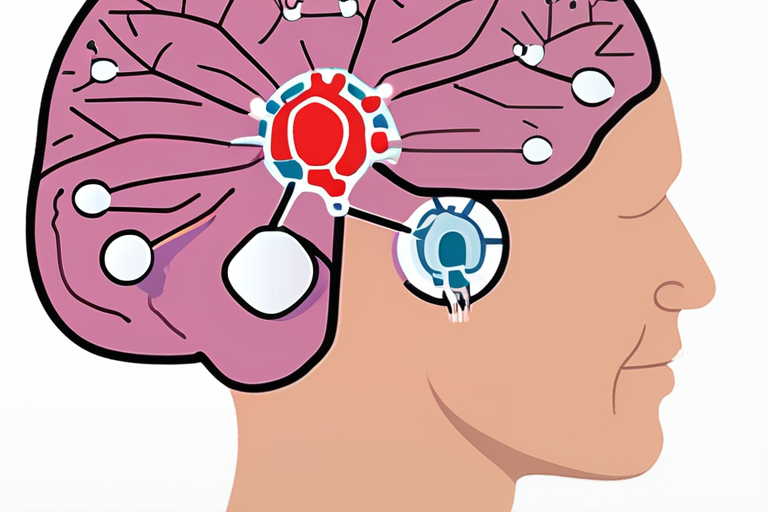



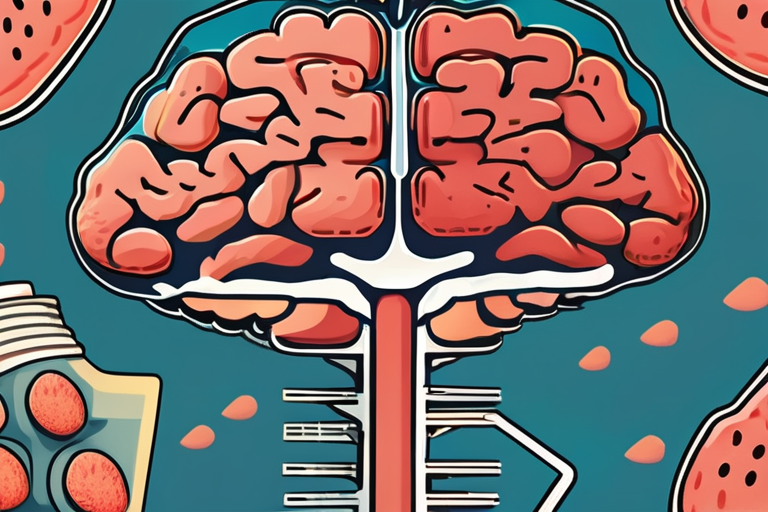

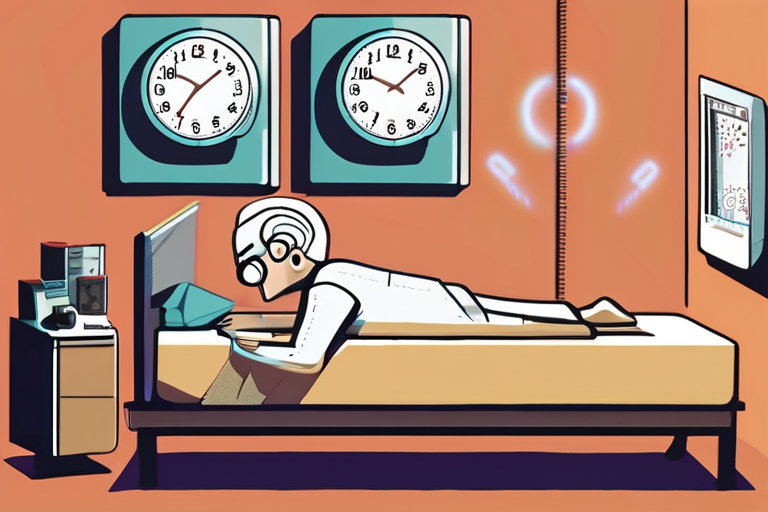






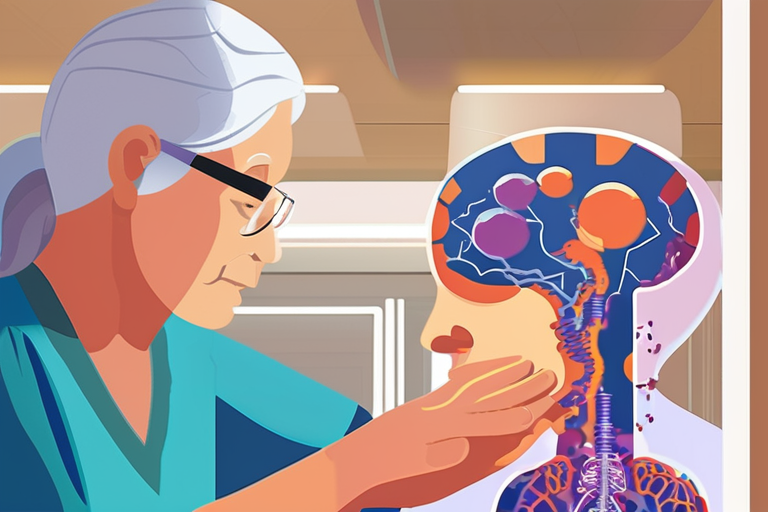
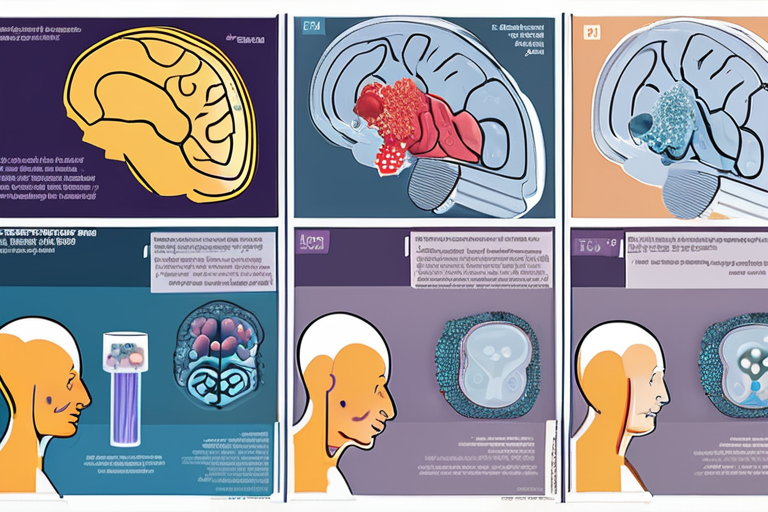

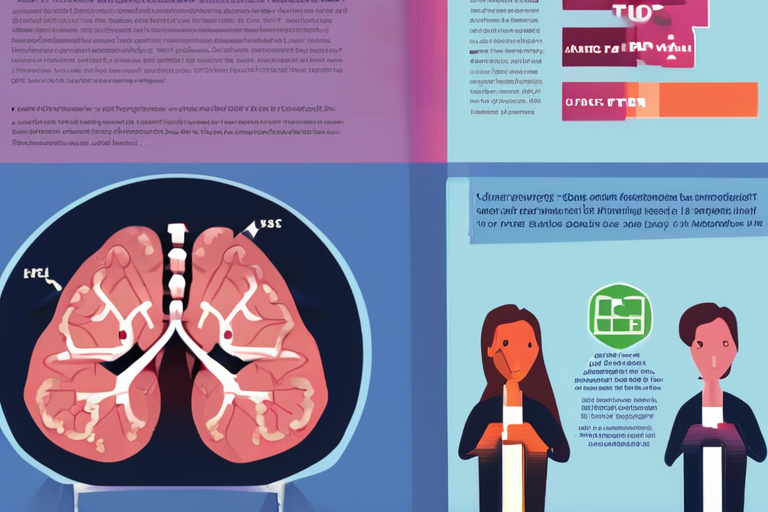



Share & Engage Share
Share this article